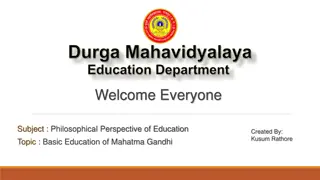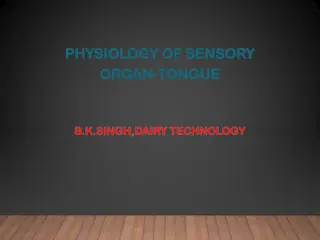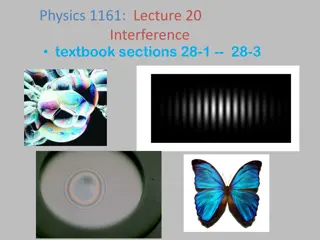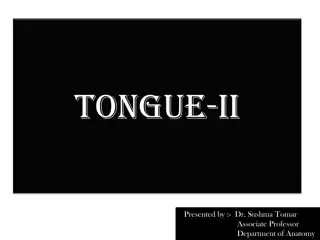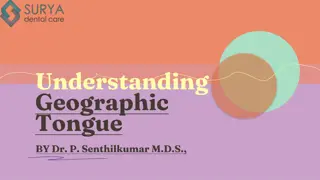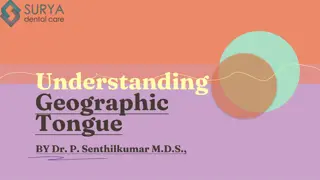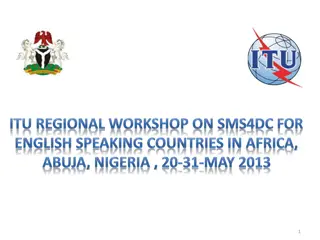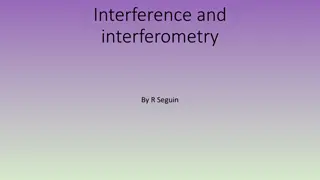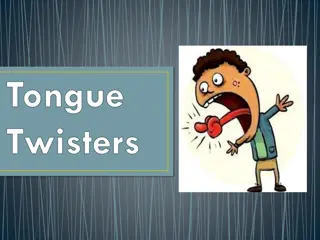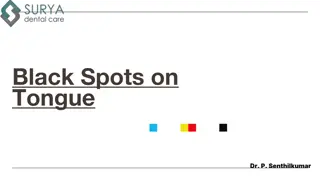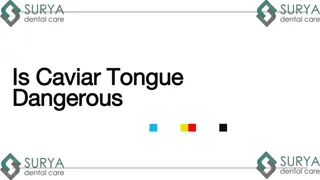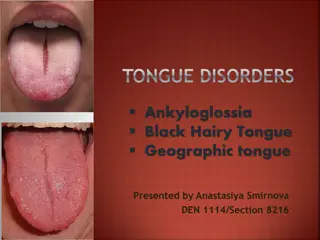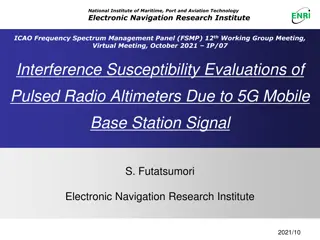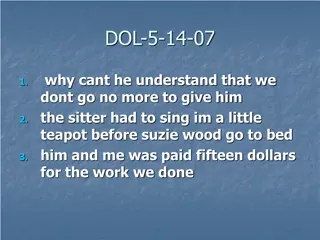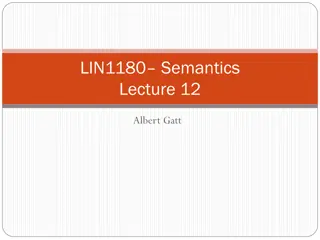Understanding Grammatical Errors Caused by Mother-Tongue Interference in English Learners
Young English learners face challenges in language acquisition, resulting in various grammatical errors influenced by their native language. Analyzing these errors can aid in developing effective teaching strategies. The study explores errors like incorrect auxiliary verb usage and pronoun confusion, offering corrections and insights derived from observations, data, and relevant sources.
- Grammatical errors
- English learners
- Language acquisition
- Mother-tongue interference
- Teaching strategies
Download Presentation

Please find below an Image/Link to download the presentation.
The content on the website is provided AS IS for your information and personal use only. It may not be sold, licensed, or shared on other websites without obtaining consent from the author. Download presentation by click this link. If you encounter any issues during the download, it is possible that the publisher has removed the file from their server.
E N D
Presentation Transcript
By \Nely Arif and Duti Volya
INTRODUCTION When the young learners learnt English as a foreign language, they made many mistakes or errors whether in pronunciation, spelling, grammar or vocabulary.
The greater the differences between languages the greater the difficulties will be.
Analyzing the reasons for errors, will lead at least to a greater understanding of difficulties that learners face, and will perhaps assist in the development of pedagogic strategies.
THE QUESTION What are the grammatical errors made by learners caused by mother-tongue interference? THE PURPOSE : To find out the grammatical errors made by learners caused by mother-tongue interference
METHODOLOGY Writers experience Writers experience Data Data Observation to the students taught Relevant sources Relevant sources
The data were collected either based on the writers experience when they were studying in junior, senior high school, or on observation to the students when they taught. To support the data, the writers also took the example of sentences about the error from the source book that they thought relevant to the problem the writers discuss. Besides, the old note of writers during studying English also become supporting data to be analyzed
ANALYSIS AND DISSCUSSION To Be / Auxiliary 1. You sick 2. He clever 3. You stupid 4. Where you work? 1. Kamu sakit. 2. Dia pintar. 3. Kamu bodoh. 4. Dimana kamu kerja?
The correct ones should be: 1. You are sick. 2. He is clever 3 . You are stupid. 4. Where do you work?
B. Pronouns 5. I help you and you help I 6. This books are on the table. 7. I ask she The correct pronouns for the sentences above should be: 5. I help you and you help me. 6. These books are on the table. 7. I ask her
C. Tenses 8. My mother see you in the market yesterday. 9. My brother--- at home 10.I am sick yesterday, so I --- not come. The correct ones should be: 9. My brother is at home now. 10. I was sick yesterday, so I did not come.
Others The writer quoted from Ellis (1985) 11. I no can swim. (negation) 12. I didn t said it. (negation) 13. What you are doing. (interrogation)
CONCLUSION it is clear to us what the grammatical error is made by students caused of mother tongue interference. The greater the grammatical differences between mother tongue and target language (foreign language ), the greater the difficulty faced by learners.
SUGGESTION the suggestion to language teaching is it is better to demonstrate the contrast of mother-tongue and target language or foreign language structure to the learners in the class room if the teacher believes that the learners potential language performance is thereby improved.


